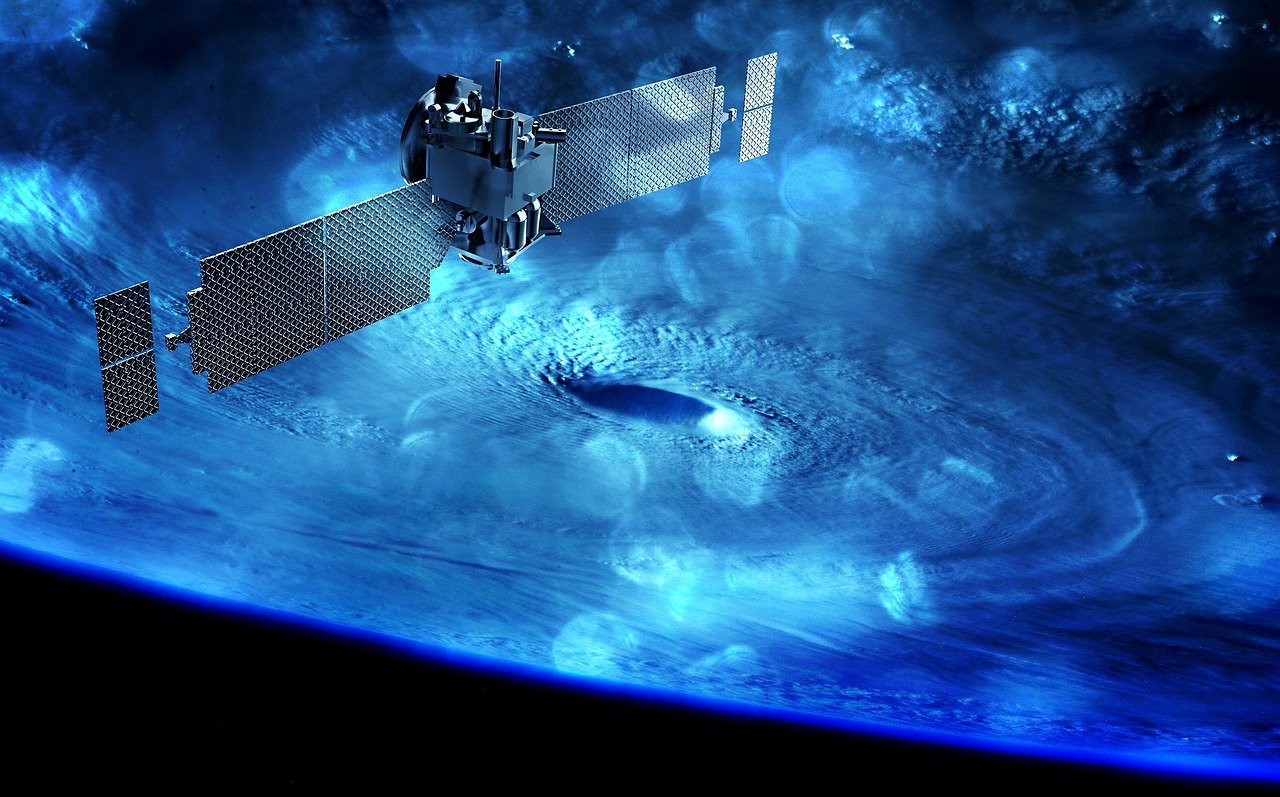From Mars habitats to asteroid mining and space tourism—here’s what the next chapter in space exploration could look like. 🌌🚀
🚀 Introduction: Humanity’s Unstoppable Quest Beyond Earth
Space has always captured human imagination—from the early stargazers of ancient civilizations to the Apollo moon landings. But the 21st century has brought a fresh wave of innovation, private sector investment, and international collaboration that’s changing how we explore the cosmos.
As we push deeper into our solar system and beyond, space exploration is no longer just about reaching new destinations—it’s about sustainability, science, and survival.
🌍 Earth Orbit: A Growing Hub for Innovation
🛰️ Satellite Mega-Constellations
Companies like SpaceX and Amazon are deploying massive networks of low-Earth orbit (LEO) satellites to provide global internet coverage. While this brings faster connectivity, it also raises concerns about space debris and orbital congestion.
What’s next?
- AI-powered traffic management systems in space
- More stringent regulations to avoid collisions
- Reusable and recyclable satellite designs
🧪 Microgravity Research
The International Space Station (ISS) continues to be a lab for cutting-edge research in biology, physics, and material science.
What to expect:
- Private space stations by companies like Axiom Space
- More pharmaceutical and biotech R&D in orbit
- Expanded collaboration between space agencies and startups
🌖 The Moon: Our Stepping Stone to Deep Space
🌕 Artemis Program & Lunar Bases
NASA’s Artemis program, in collaboration with the European Space Agency (ESA) and commercial partners, aims to return humans to the Moon by mid-decade, including the first woman and person of color.
What’s next for the Moon?
- Permanent lunar bases for research and mining
- ISRU (In-Situ Resource Utilization): extracting water and oxygen from lunar soil
- 3D-printed habitats using lunar regolith
🌙 Lunar Economy on the Rise
Startups are exploring lunar delivery services, navigation systems, and even tourism packages.
🔴 Mars: The Next Frontier for Human Settlement
🧑🚀 Manned Missions by the 2030s
NASA, SpaceX, and international coalitions are actively working toward putting humans on Mars within the next decade.
Challenges:
- Radiation exposure and psychological impacts
- Creating sustainable life support and food systems
- Return journey logistics
🌱 Terraforming & Self-Sufficiency
Though terraforming Mars is still theoretical, early steps include:
- Testing closed-loop ecosystems (biospheres)
- Utilizing Martian soil for agriculture
- Developing autonomous robots for construction and maintenance
🪐 Beyond Mars: Asteroids, Moons, and Deep Space
🪨 Asteroid Mining
Asteroids are rich in metals like platinum and rare earth elements.
Key Players:
- Planetary Resources and Deep Space Industries
- NASA’s Psyche mission to study a metal-rich asteroid
Why it matters:
- Could supply raw materials without Earthly extraction
- Essential for building infrastructure in space
🌌 Europa, Titan & Enceladus: The Ocean Worlds
NASA’s upcoming Europa Clipper and proposed missions to Saturn’s moons aim to explore subsurface oceans that might harbor life.
Expect discoveries like:
- Organic molecules
- Signs of microbial ecosystems
- Extreme environment survival techniques
🧑🚀 Space Tourism & Commercial Flight
💸 A Billionaire’s Playground… For Now
With Blue Origin, Virgin Galactic, and SpaceX opening the skies to tourists, space travel is becoming an experience—albeit one with a hefty price tag.
Coming trends:
- Orbital hotels and zero-gravity vacations
- More accessible pricing through competition
- Adventure tourism beyond Earth orbit
🧠 AI, Robotics & Sustainable Exploration
🤖 AI-Powered Probes and Rovers
Autonomous AI systems like NASA’s Perseverance and China’s Zhurong are revolutionizing planetary exploration.
On the horizon:
- AI spacecraft for deep-space travel
- Swarm robotics for planetary mapping
- Self-repairing systems and adaptive mission protocols
🌱 Green Tech for Off-World Living
Sustainability is the cornerstone of long-term habitation.
Breakthroughs include:
- Closed-loop water recycling systems
- Energy-efficient habitats using solar and nuclear power
- Biotech to convert waste into food and fuel
🛰️ Global Cooperation and Ethical Considerations
🌐 Multinational Collaboration
More countries are establishing space agencies and entering the space race. This creates opportunities for shared resources and collective missions.
⚖️ Legal & Ethical Challenges
- Who owns the Moon or Mars?
- Should we protect alien life or ecosystems if found?
- What about the militarization of space?
New frameworks like the Artemis Accords and UN treaties aim to build a peaceful, inclusive future in space.
🌠 Conclusion: Space is the Future—And It’s Closer Than You Think
The future of space exploration is no longer a distant dream—it’s unfolding right now. As public agencies, private innovators, and global partnerships expand our presence in space, the coming decades will bring new challenges and unimaginable discoveries.
Whether it’s walking on Mars, mining asteroids, or living in orbital cities, one thing is clear: humanity’s future is written in the stars.
Disclaimer:
This blog is intended for informational and educational purposes only. The views expressed are personal opinions or general insights, not professional or legal advice. Readers should do their own research or consult relevant professionals before taking action based on this content.
#FutureOfSpace #SpaceExploration #MarsMission #MoonBase #SatelliteTechnology #SpaceTourism #AsteroidMining #c #SpaceScience #AIinSpace #DeepSpaceExploration #ScienceAndEnvironment #carrerbook #Anslation #SpaceInnovation #NASA #SpaceTech


Leave a Reply